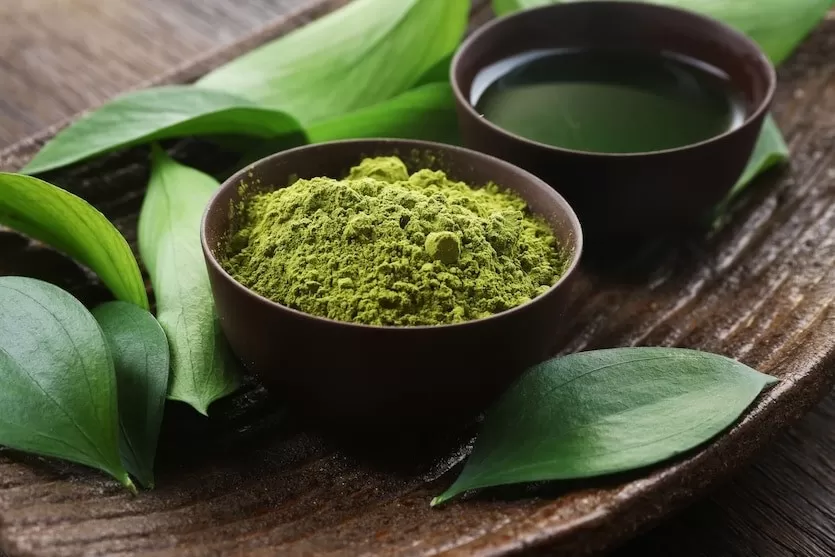- 0086-571-85302990
- sales@greenskybio.com
Ashwagandha and Rhodiola: Combined Benefits and Cautions
2025-06-16

Ashwagandha and rhodiola are widely used adaptogenic herbs that may help the body manage stress. Taken as herbal supplements, these botanicals are often combined for potential benefits in stress management, mood improvement, and energy enhancement.
Potential Health Benefits
Stress and Anxiety Reduction
Scientific studies show that ashwagandha can reduce stress and anxiety, with evidence suggesting it may also help decrease levels of the stress hormone cortisol.
Mood Enhancement
Rhodiola has been found to improve mood and help alleviate symptoms of depression, though its impact is generally less significant than that of prescription antidepressant medications.
Improved Sleep
Ashwagandha may offer support for those struggling with insomnia. Some research indicates it can help people fall asleep more quickly, increase total sleep time, reduce wakefulness during the night, and improve overall sleep quality.
Increased Energy and Endurance
Rhodiola is thought to reduce fatigue and improve physical endurance, especially for active individuals. Early studies also suggest that ashwagandha may enhance energy by improving exercise performance.
Cognitive Support
Some research points to rhodiola’s ability to boost cognitive function, including improvements in memory and attention, and suggests possible long-term protective benefits for the brain.
Safety and Usage Considerations
There is limited knowledge regarding the long-term safety of ashwagandha and rhodiola, particularly for use beyond 12 weeks. Existing studies are often small or preliminary, and more research is needed to confirm their health benefits.
There are no official guidelines on combining ashwagandha and rhodiola. Some supplements blend both herbs to maximize their potential complementary effects, while others are available as standalone products. Typically, ashwagandha is favored for easing stress and improving sleep, while rhodiola is chosen for its energizing and mood-boosting properties. Using both may help balance stress relief with increased energy levels.
It is important to consult a healthcare professional before beginning ashwagandha, rhodiola, or any new supplement. A doctor can review your health history, provide information on potential risks, and recommend how long you should use these herbs.
Potential Side Effects
Both ashwagandha and rhodiola generally cause only mild side effects.
Ashwagandha may cause drowsiness, loose stools, or nausea. In rare circumstances, it has been linked to more serious issues such as liver problems and impacts on thyroid function.
Rhodiola may lead to side effects such as dizziness, dry mouth or excessive saliva production, headache, and difficulty sleeping.
Who Should Avoid These Herbs?
Certain groups should avoid using ashwagandha or rhodiola.
Ashwagandha should not be used by pregnant or breastfeeding women, individuals with autoimmune diseases, those with liver or thyroid issues (including those taking thyroid medication), or anyone scheduled for surgery, as it should be stopped at least two weeks before anesthesia.
Rhodiola should be avoided by children, pregnant or breastfeeding women, and individuals with autoimmune disorders.
Conclusion
Ashwagandha and rhodiola may provide natural support for stress reduction, mood improvement, sleep quality, and cognitive function. However, because of a lack of long-term safety data and the potential for side effects, consulting a healthcare provider before starting these supplements is strongly advised, especially for those with existing health conditions.
-
Goldenseal: A Historic Herbal Remedy at Risk
2025-06-16















